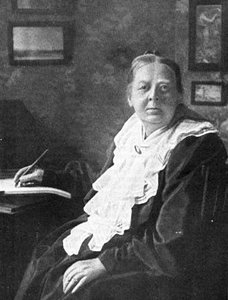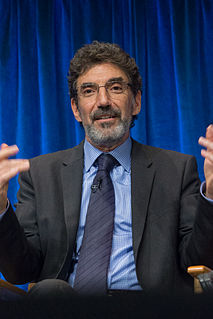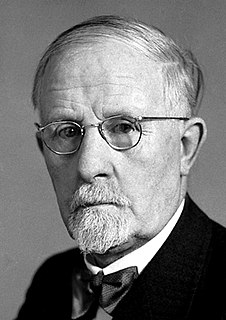A Quote by Mary Everest Boole
Mathematics had never had more than a secondary interest for him ; and even logic he cared for chiefly as a means of clearing the ground of doctrines imagined to be proved, by showing that the evidence on which they were supposed to rest had no tendency to prove them. But he had been endeavouring to give a more active and positive help than this to the cause of what he deemed pure religion.
Related Quotes
Arraigned at my own bar, Memory having given her evidence of the hopes, wishes, sentiments I had been cherishing since last night-- of the general state of mind which I have indulged for nearly a fortnight past; Reason having come forward and told in her own quiet way , a plain, unvarnished tale, showing how I had rejected the real, and rabidly devoured the ideal;-- I pronounced judgment to this effect:-- That a greater fool than Jane Eyre had never breathed the breath of life: that a more fantastic idiot had never surfeited herself on sweet lies, and swallowed the poison as if it were nectar.
Never had the sky been more studded with stars and more charming, the trees more trembling, the odor of the grass more penetrating; never had the birds fallen asleep among the leaves with a sweeter noise; never had all the harmonies of universal serenity responded more thoroughly to the inward music of love; never had Marius been more captivated, more happy, more ecstatic.
I'm thinking of writing a children's story about a leaf on a tree who arrogantly insists he's a self-made, independent leaf. Then one day a fierce wind blows him off his branch and to the ground below. As his life slowly ebbs away, he looks up at the magnificent old tree that had been his home and realizes that he had never been on his own. His entire life he had been part of something bigger and more beautiful than anything he could have imagined. In a blinding flash, he awakens from the delusion of self. Then an arrogant, self-centered kid rakes him up and bags him.
As she had been walking from the ward to that room, she had felt such pure hatred that now she had no more rancor left in her heart. She had finally allowed her negative feelings to surface, feelings that had been repressed for years in her soul. She had actually FELT them, and they were no longer necessary, they could leave.
he'd once believed that the answer lay somehow in the music he created, he suspected now that He'd been mistaken. The more he thought about it, the more he'd come to realize that for him, music had always been a movement away from reality rather than a means of living in it more deeply. .. he now knew that burying himself in music had less to do with God than a selfish desire to escape.
He built up a situation that was far enough from the truth. It never occurred to him that Helen was to blame. He forgot the intensity of their talk, the charm that had been lent him by sincerity, the magic of Oniton under darkness and of the whispering river. Helen loved the absolute. Leonard had been ruined absolutely, and had appeared to her as a man apart, isolated from the world. A real man, who cared for adventure and beauty, who desired to live decently and pay his way, who could have travelled more gloriously through life than the Juggernaut car that was crushing him.
Parenting forces us to get to know ourselves better than we ever might have imagined we could--and in many new ways. . . . We'll discover talents we never dreamed we had and fervently wish for others at moments we feel we desperately need them. As time goes on, we'll probably discover that we have more to give and can give more than we ever imagined. But we'll also find that there are limits to our giving, and that may be hard for us to accept.
Thus much indeed he was obliged to acknowledge - that he had been constant unconsciously, nay unintentionally; that he had meant to forget her, and believed it to be done. He had imagined himself indifferent, when he had only been angry; and he had been unjust to her merits, because he had been a sufferer from them.







































